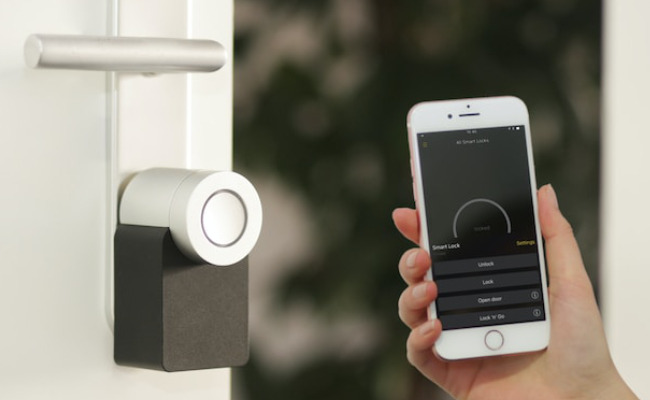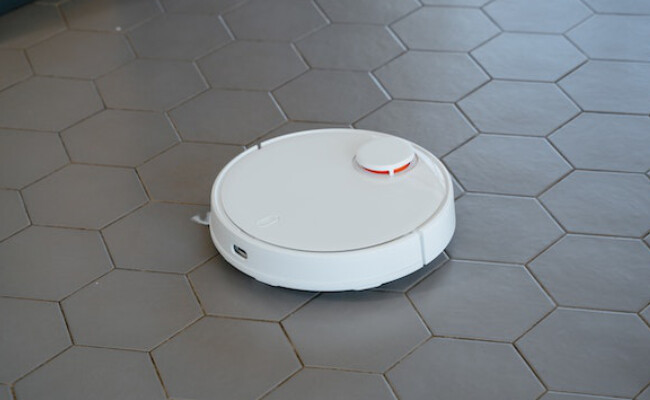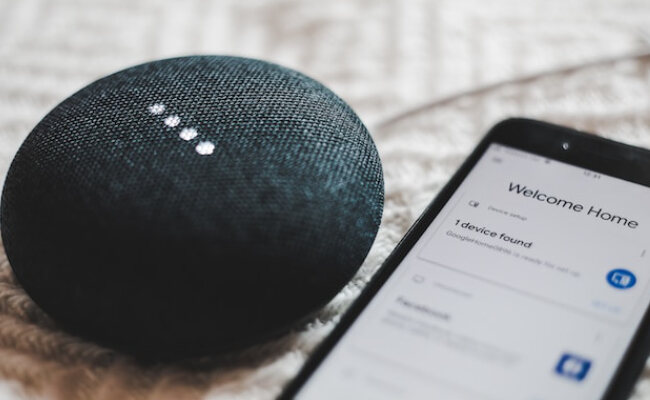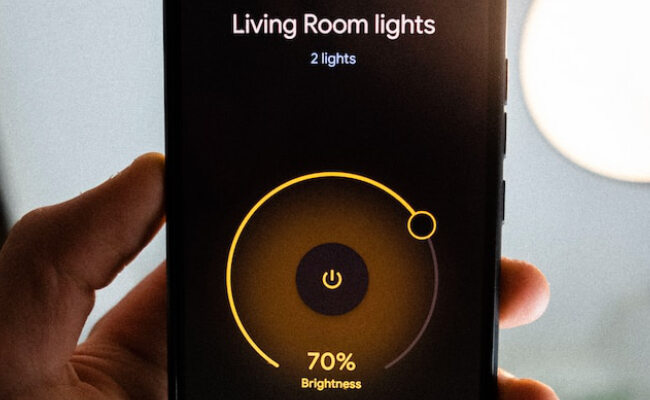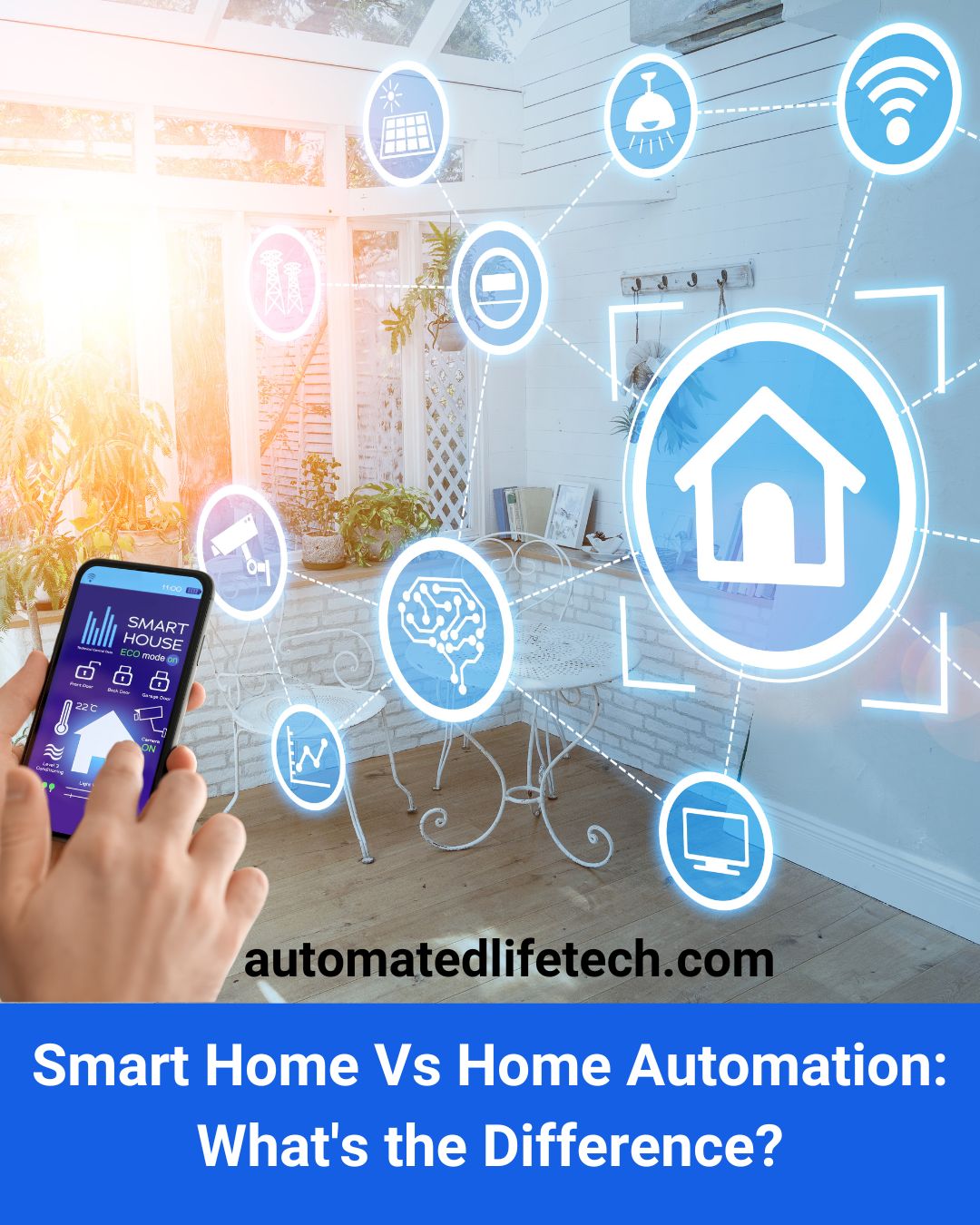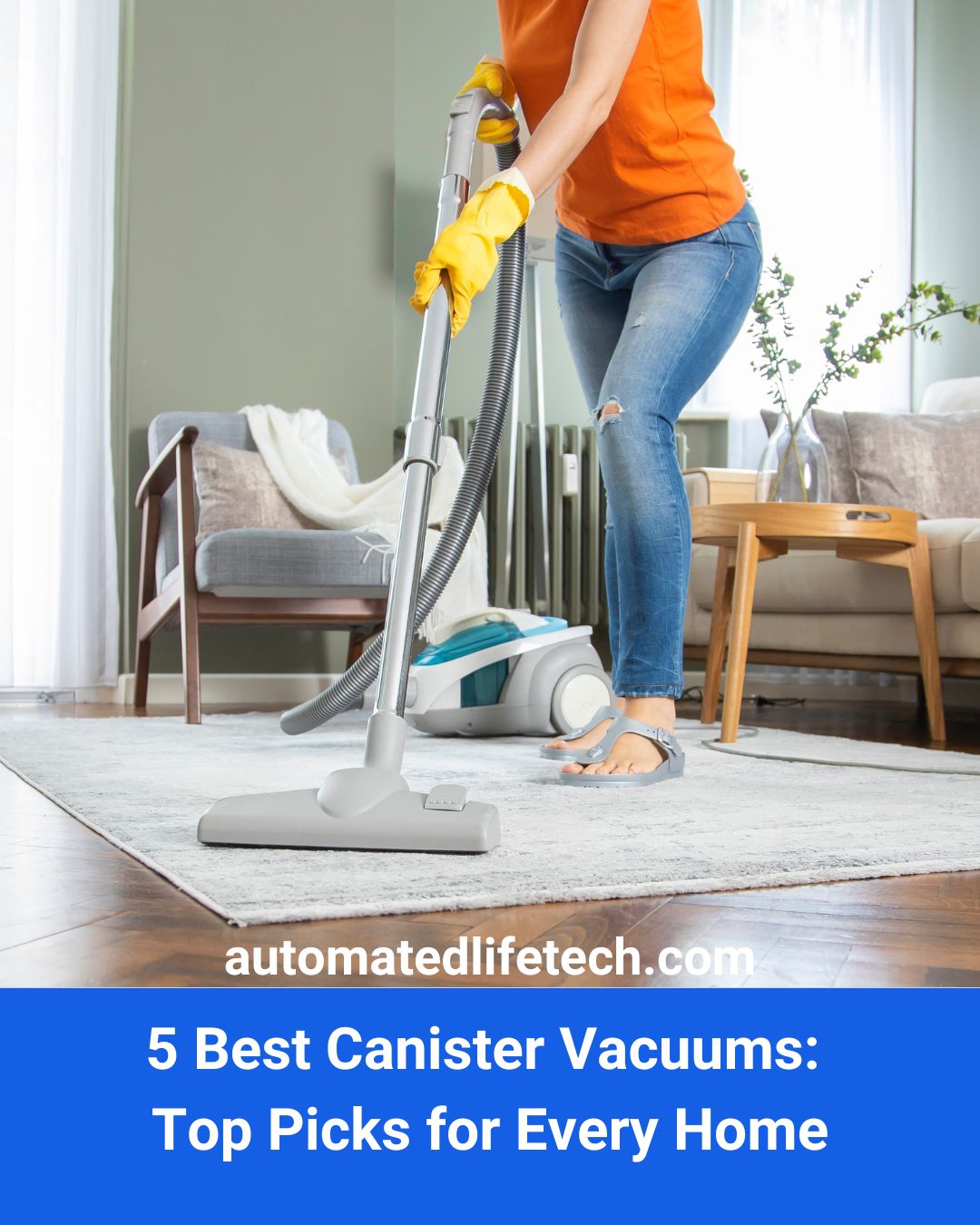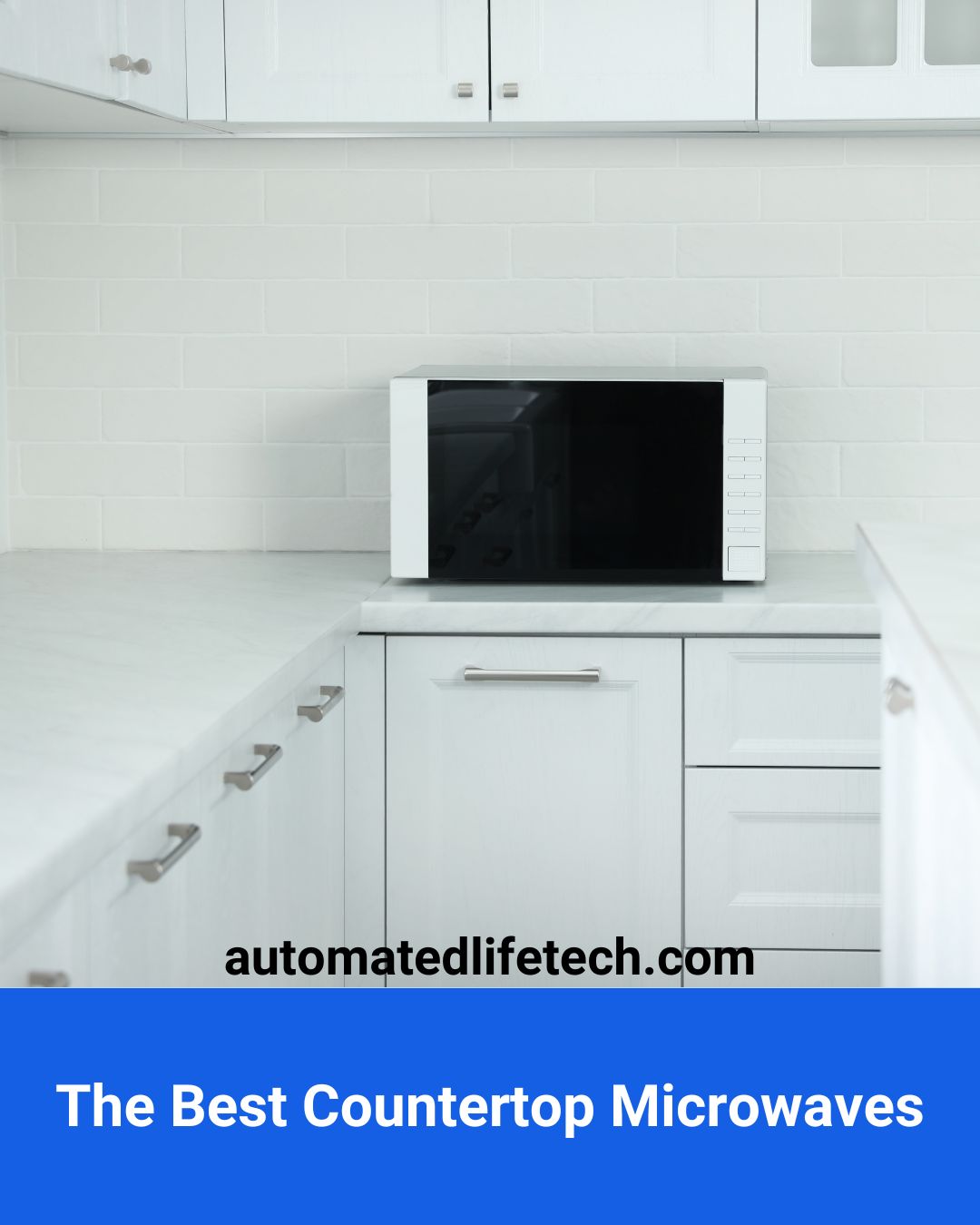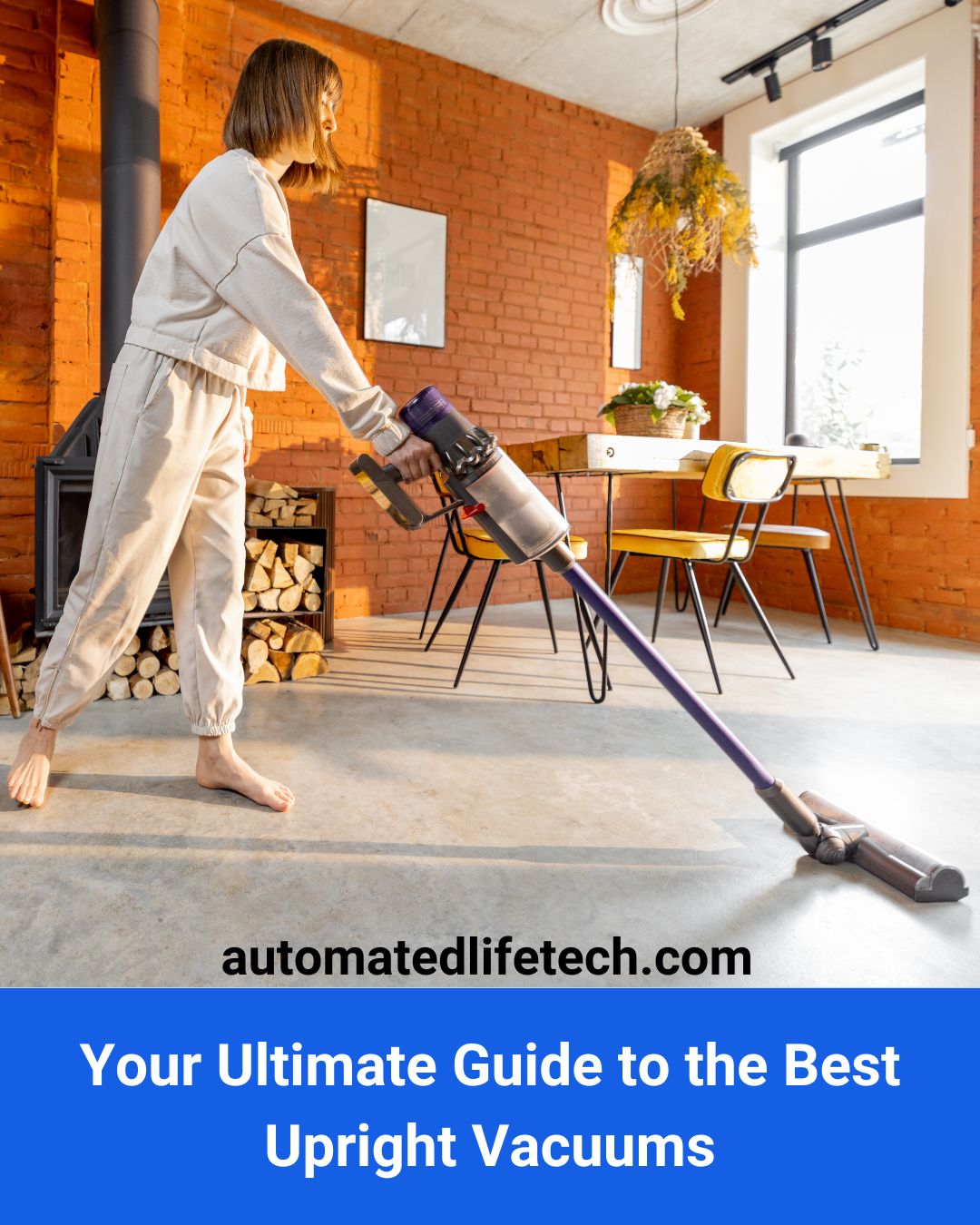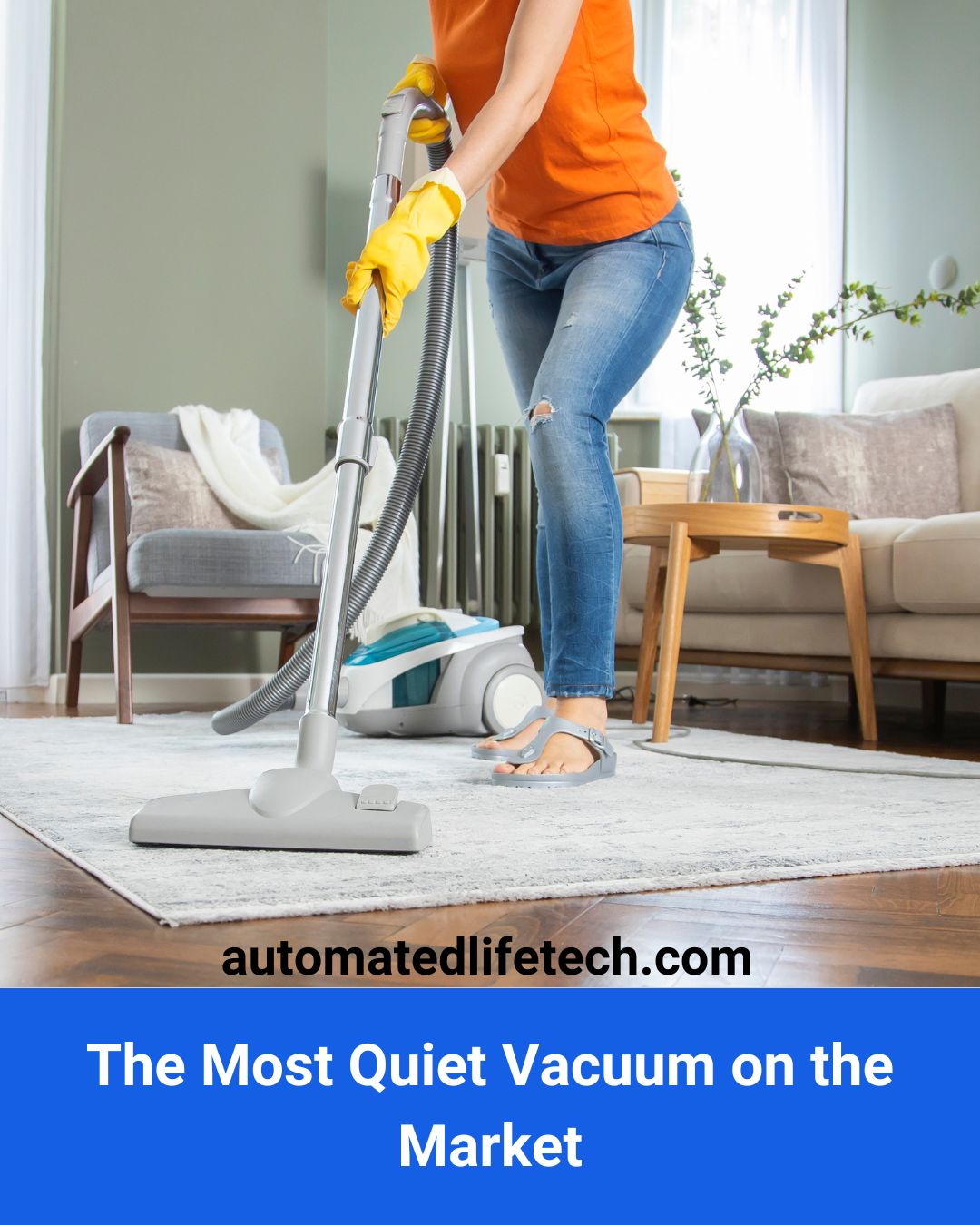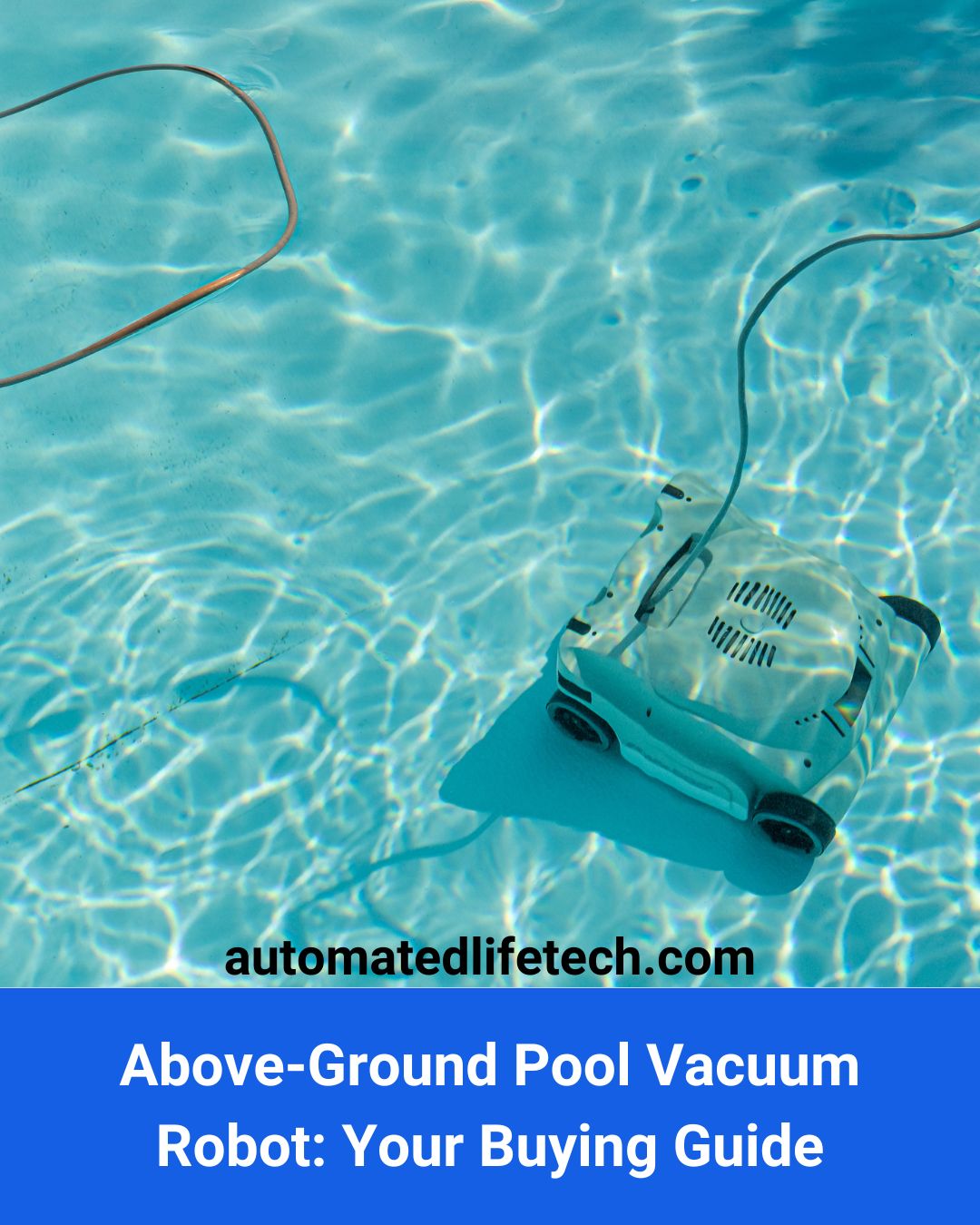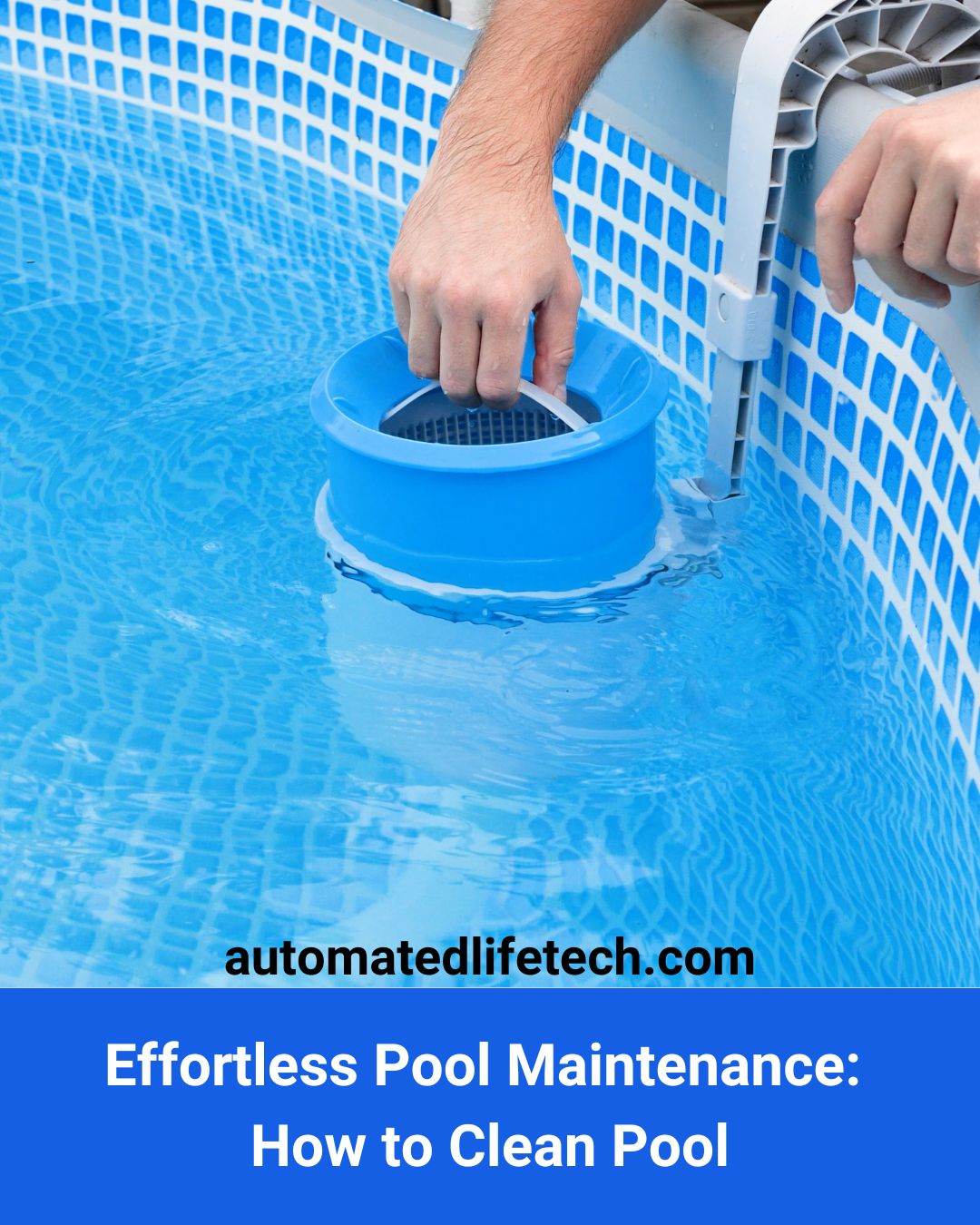Most people who admire smart devices and systems are likely familiar with popular terms such as smart home technology and home automation. However, many are also uncertain whether these concepts are similar or not. While they are often used interchangeably, these terminologies are slightly different in essence, and understanding both can help you make better decisions when purchasing smart devices for your home.
For information on the best home automation systems, read here.
You can also read up on home automation ideas here.
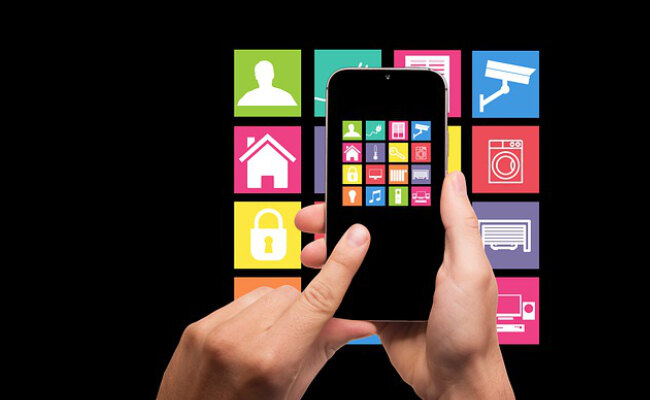
What is the Difference Between Smart Home and Home Automation?
Home automation is an idea that was realized as early as the 80s, but only truly found its place in the mainstream when advanced systems and their installation process have become cost-efficient for the masses.
Some earlier features that defined home automation systems are temperature control, lighting systems, scheduling support for home appliances, and security systems. By large, a home automation system aims to have devices function automatically or interact with their environment with little-to-no intervention from its users.
Smart home is rooted in the concept of home automation, but is a broader and elevated by the integration of modern technologies. In other words, smart homes take automation to the next step by learning and adapting to the user’s behavior and their surroundings via artificial intelligence, internet connectivity and machine learning.
What is a Smart Home?
Smart home is a broad concept that is more interactive and adaptive to the lifestyle of consumers compared to home automation. On top of programming and automating tasks, smart homes empower users to operate connected devices remotely. Some popular applications of a smart home concept are:
- Integration of devices and systems through a central hub.
- Remote monitoring of appliances, lighting systems, doors, sensors, security cameras, etc. through a tablet or smartphone app.
- Voice-controlled virtual assistants (e.g., Amazon Echo, Google Home, Apple Homekit) that can control various devices and answer queries.
- Energy monitoring and optimization, including data-based recommendations on how to improve cost and energy and savings.
How Does Smart Home Technology Work?
Smart and connected homes mainly rely on internet to communicate and stay linked. This is why it’s become a standard feature even for a smart refrigerator to be able to tap onto other connected devices as long as they are tethered to the same network.
Smart homes support automated systems, but typically takes it further by tracking data and instantaneously processing it to optimize its own performance.
What are the Advantages of a Smart Home and Smart Devices?
Switching to a smart home comes with many advantages whether you are looking to simply automate a task or wanting to improve your domestic security system.
Convenience
Smart technology uses sensors and microprocessors to execute tasks independently and make assessments thereafter. But at the end of the day, you retain complete control of your devices and make changes to their operation as you please. On top of this, smart homes improve your living space via the sheer variety of technology borne out the revolutionary concept.
Energy Efficiency
Smart home automation improves energy usage in your lighting and electrical system, entertainment hubs, and more. Smart appliances, like smart refrigerators, compact microwaves and quiet robot vacuums, can gather and process data on their own and make suitable adjustments without supervision. Meanwhile, other smart home devices can play music, adjust room temperature, and turn-off idle services automatically by simply learning and adjusting to your routines.
Improved Security
Smart systems take your interaction with home automation systems to another level by giving you autonomy over your smart devices even when you’re away from home. Therefore, you can observe activity within your premise remotely. A smart home can also help improve data privacy and home security by connecting many systems together in one secured hub.
Increase Comfort
A superior smart home experience lets you control a connected home whenever necessary while also keeping automated functions working as intended. For instance, a nest thermostat will detect occupants and adjust temperatures based on preexisting settings and programs, and likewise, take input from you in order to make the experience optimal and more personalized.
What is Home Automation?
Home automation hit the market a long time ago but didn’t generate much following early on due the difficulty that comes with installing rigid security systems and the expensive subscription fees required to keep them. But even then, home automation aimed to control common household activities and utilities for the convenience of homeowners.
Ultimately, a breakthrough saw automated systems become more cost-efficient and accessible. Not to mention that they continued to become more diverse with the introduction of programmable appliances, improved sensors and processors, automated cleaning tools and more.
How Does Home Automation Work?
Home automation systems are more present in our home than most of us think. Scheduling our TVs, microwave ovens and HVACs (heating, ventilation and air conditioning) are all rooted in the concept of home automation. The same can be said for security cameras, landscape maintenance equipment and smart lights.
A home automation system is typically enough for most households. Particularly those mainly looking to streamline common household tasks and features using electronic devices.
What are the Advantages of Home Automation?
You’ll have a relatively easy time familiarizing yourself with home automation systems since they are often already integrated into your home via your electrical devices and home appliances. There are also a lot affordable options in the market these days if you’re simply looking to cut down your to-do list. If that’s not enough, here are a few more reasons why home automation has become increasingly popular.
Time Saving
Having a home automation system can free you up for something more important than say mopping the floor or monitoring the premises every now and then. A robot mop and vacuum and security system can do that for you, respectively. Sometimes with greater efficiency!
Energy Efficiency
Speaking of efficiency, smart devices can also net you unexpected monthly savings. You can simply set a schedule in many of your home appliances so that they will switch off or go idle after a period of time.
A lot of modern versions of your favorite home appliances are also more energy-efficient by default. Therefore, simply upgrading can improve your overall energy consumption on top of elevating the quality of your living space.
Improved Safety
Automated security systems have become easier to install and can be made even stronger with the integration of smart tech. Outside of security cameras and sensors, homeowners can also consider smoke, heat and carbon monoxide detectors, smart thermostats, and water leak detectors to prevent other common incidents from becoming a safety hazard.
Customization and Personalization
An automated system can be personalized in such a way that everything can be controlled remotely in one hub or in separate segments. You can even have security systems custom-made to meet your specific requirements. The growing market for smart home devices should also make it easier to shop for equipment that fits your interior and exterior design preferences.
Remote Access and Monitoring
To supercharge your home automation system, you can integrate smart devices that support voice commands such as Google Assistant or Amazon Alexa for a more convenient experience. You can also use your internet connection to link all devices and control them remotely in one app even when you’re far away from home.
Final Reminder on Building a Smart and Connected Home
Don’t hesitate to leverage advanced technology when looking for ways to improve your home setup. A smart home system can make a huge difference not only when it comes to the ambiance and presentation of your home, but also in its security and comfort. As a matter of fact, your personal productivity can also benefit greatly by fully automating some of your menial household tasks.
To learn more tips and tricks on smart home and automation don’t forget to bookmark this article and visit our blog for frequent and useful updates!
If you’re interested in microwaves, read here about small compact microwaves. You can also find information on countertop microwaves here.

